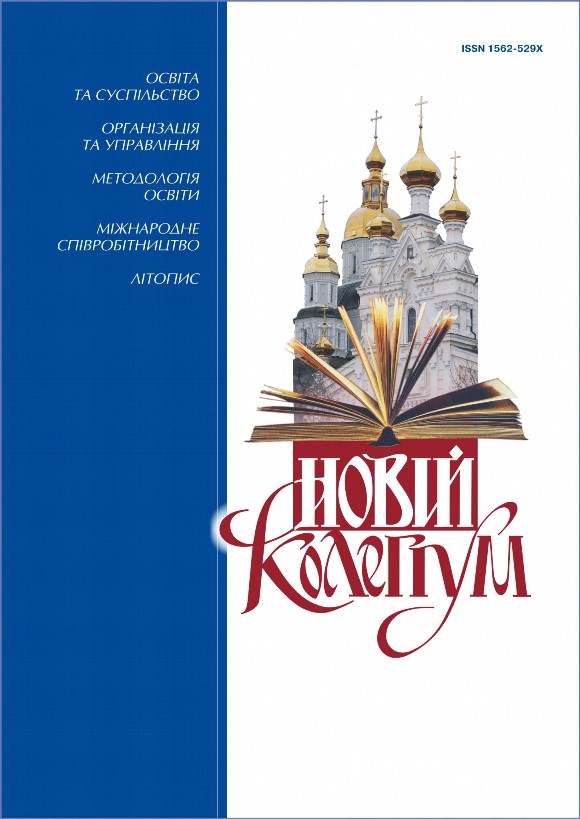State audit: qualification requirements and guidelines for a future specialist
DOI:
https://doi.org/10.30837/nc.2023.71Keywords:
public administration, audit, IT audit, auditor, professional standard, GRC, cube of competenceAbstract
Modern factors influencing the organization of the educational component of audit activity are analyzed. The need for new training requirements for contemporary audit specialists is established. The systemic advancements in information and telecommunication technologies, data storage, processing technologies, machine learning, and artificial intelligence are drastically transforming business processes in both the public and private sectors of the economy. These shifts are creating unprecedented conditions for audit processes. A definition of the state IT audit is provided, and the objectives and tasks of the state audit in the realm of information technologies are dissected. An examination of the present status of regulatory and methodological prerequisites for audit activity was undertaken. It has been discerned that contemporary audit activity requirements encapsulate the essence and practical facets of current audit methods. These stipulations characterize the auditor as a professional possessing a harmonious blend of knowledge, capturing the theoretical, practical, methodological, and technological facets of current audit process assurances. The prevailing directions for formulating and advancing professional standards in audit activities have been identified. The determinants for enhancing the professional expertise of aspiring auditors are elucidated. One pivotal contemporary factor in ensuring audit quality is the adoption of the latest practices, methodologies, and strategies. A concise review of GRC (Governance, Risk Management, and Compliance) practices is presented, with the advantages of this approach being spotlighted. From the findings of the analysis undertaken, pathways for fostering the competencies of a modern auditor have been outlined. These pathways span educational and methodological, scientific research, and professional orientation dimensions. A representation of audit competency is proposed. It is emphasized that sculpting the professional competencies of a contemporary auditor, positioned to thrive in the job market, mandates a profound and holistic strategy.
References
Olha Kuchma, Yevgen Kotukh. Evolutionary transformation of state auditing: Ukraine in a world context // I Congreso Internacional de Contabilidad, Auditoría y Finanzas «Finanzas Sostenibles: Desafíos y Avances en la Realidad Económica Global». 2023/10/19. URL: https://repository.unab.edu.co/handle/20.500.12749/22053
Olha Kuchma, Yevgen Kotukh. Evolution of the methodological provision of risk-based audit approach. Proceedings of ISERD // International Conference, Dubai, UAE, 01st – 02nd September, 2023. URL: https://www.worldresearchlibrary.org/up_proc/pdf/6082-169693757610-14.pdf
Кучма О. Цифровізація державних послуг: важливі аспекти стратегічного державного управління // Proceedings of The 9th International scientific and practical conference "Eurasian scientific discussions", Barcelona, Spain: 267–278.
Niemi Ilona. Optimizing board oversight of compliance as a risk governance instrument // Journal of Risk Management in Financial Institutions 16.3 (2023): 273–281.
Аудит інформаційної безпеки як необхідна складова управління в державних установах. [Електронний ресурс]. Режим доступу: http://db.kh.ua/index.php/db/article/view/117
Котух Є.В. Кібербезпека у публічному секторі: монографія. Харків : Колегіум, 2021. 271 с.

